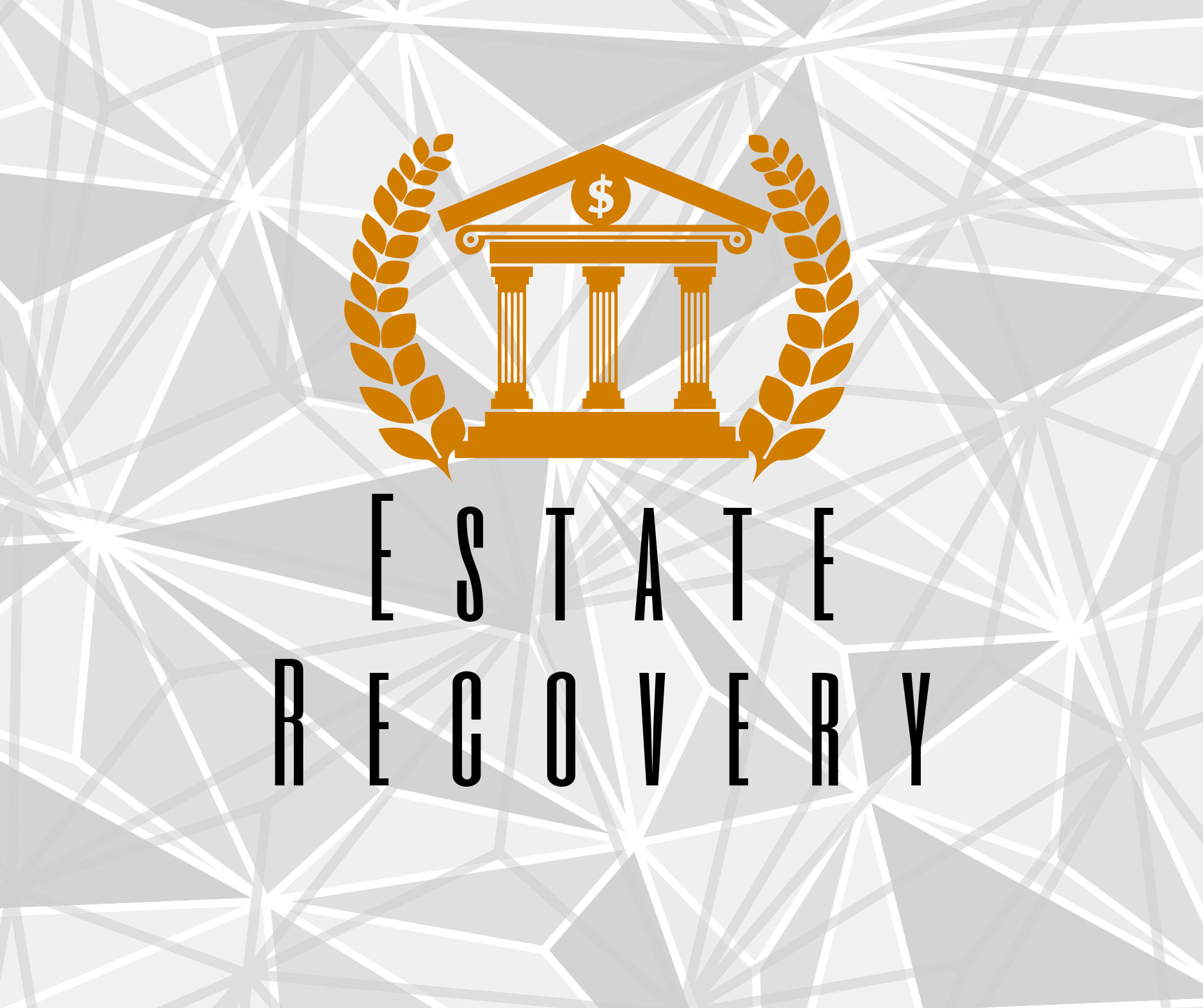What is the Wisconsin Estate Recovery Program?

How can someone protect their assets for their loved ones if they go into a nursing home?
Long-term care costs are expensive. According to a 2018 Genworth survey, a person in Madison, Wisconsin can expect to pay almost $10,000 per month for a private room in a nursing home. For many people, an extended stay in a nursing home is catastrophic. If you end up in a nursing home, your entire life savings could be used in a matter of months or years. If you receive Medicaid benefits to pay for your long-term care, the Wisconsin Medicaid Estate Recovery Program will go after your remaining assets after you pass away. With proper planning, you can protect your life savings to supplement your own care and maximize the amount of money you can pass on to your loved ones.
What is Wisconsin Estate Recovery Program?
The Wisconsin Estate Recovery Program pursues repayment from anyone who uses programs such as Medicaid or BadgerCare Plus to pay for their long-term care costs. Long-term care services including nursing home stays, home care services, and community-based long-term care programs are subject to recovery or repayment. People who incur costs due to these programs will have to pay back the government for use of these services.
Who pays for the Estate Recovery Program?
Though the government initially pays for your long-term care costs, once you pass away, you are still on the hook for repayment. Repayment will come from what is left in your estate and the government will get paid out before any of your beneficiaries receive payment. Government repayment will be taken from the estate of the member who incurred the costs and can also be taken from the estate of the surviving spouse. Repayment will also be taken from beneficiary designated assets such as 401k’s, IRAs, and bank accounts. Additionally, the Estate Recovery Program can also file liens on homes in order to get repayment. The Estate Recovery Program is a priority creditor and will generally receive repayment before any other creditors.
How to avoid or prevent the Estate Recovery Program from taking your assets?
If you think you might have to use Medicaid or BadgerCare Plus, then it is best to plan ahead so you don’t to lose your assets to the Medicaid Recovery Program. One way to protect against this is to buy long-term care insurance. Long-term care insurance will pay for a portion of your long-term care costs. For many people, long-term care insurance can be prohibitively expensive.
Another way to avoid the Medicaid Recovery Program is to speak with an elder law or estate planning attorney who specializes in Medicaid eligibility and Medicaid asset protection strategies such as Underwood Legal. With proper planning, you or your parents will be able to control and retain assets and shield them from the Medicaid Estate Recovery Program.
The earlier you start planning, the more options will be available to you. For example, to shield assets from the Medicaid Estate Recovery program using special types of trusts or by divesting assets, you need to start early, well before you have an immediate need for long-term care. If you or a loved one is about to go into a nursing home, there are strategies available, but we are more limited on the tools we may use.
To learn how proper planning can help you, contact us for an appointment to review your estate planning and asset protection options.
